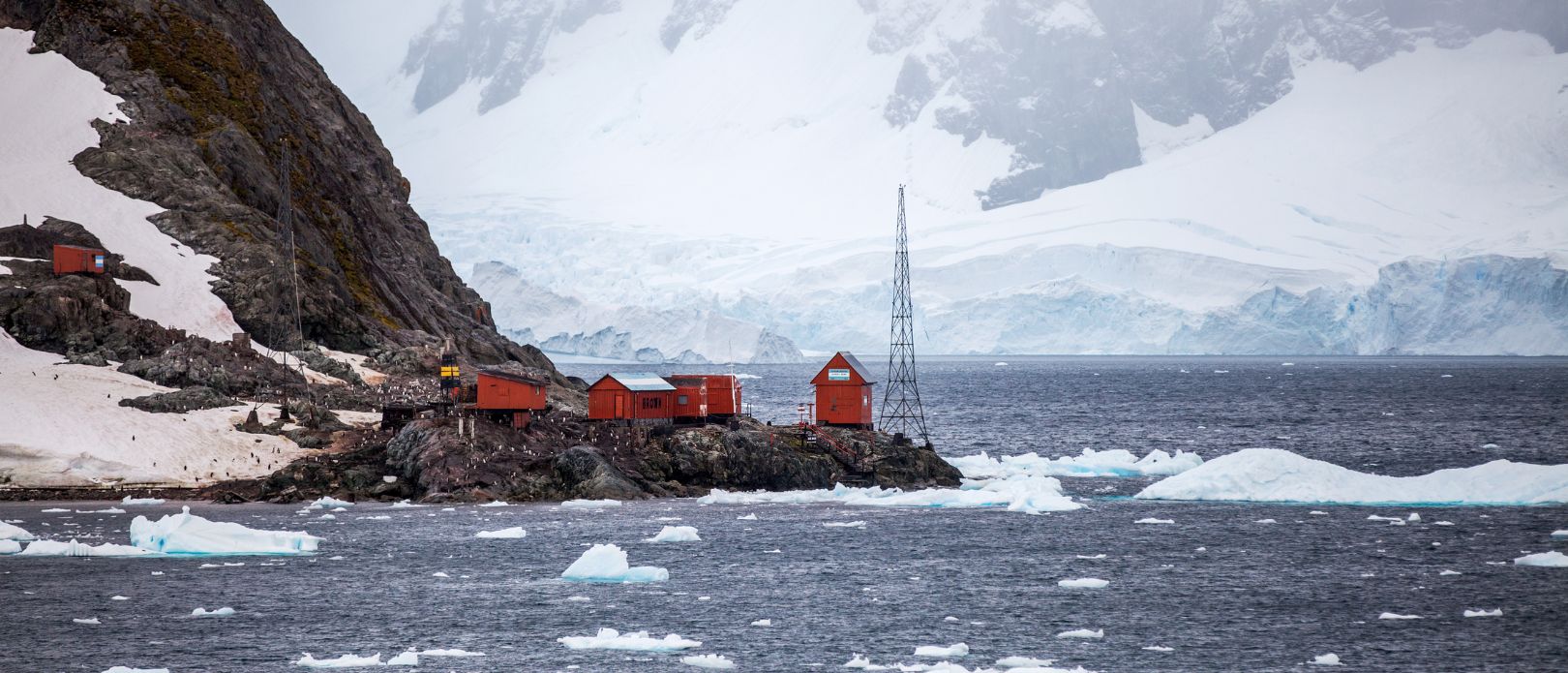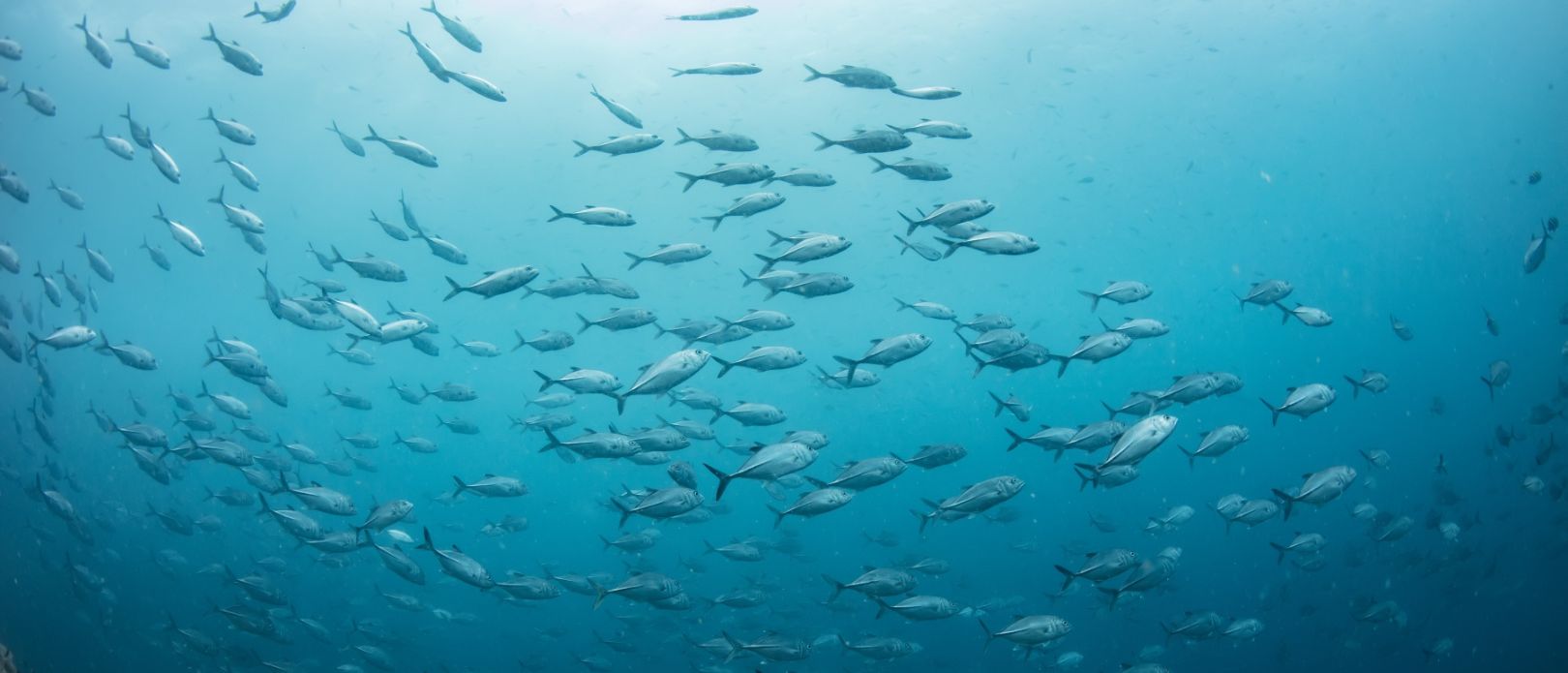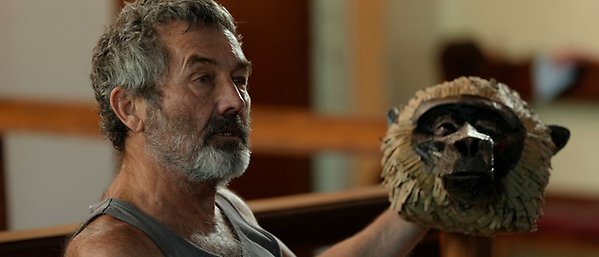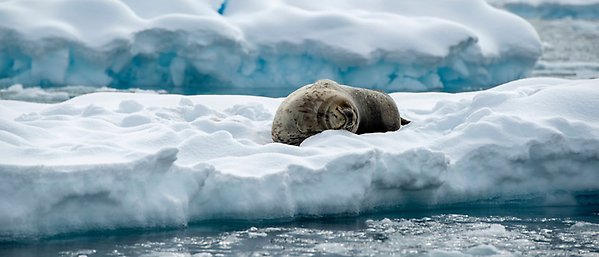Biodiversity
New project assesses biodiversity effects of shrinking Antarctic sea ice
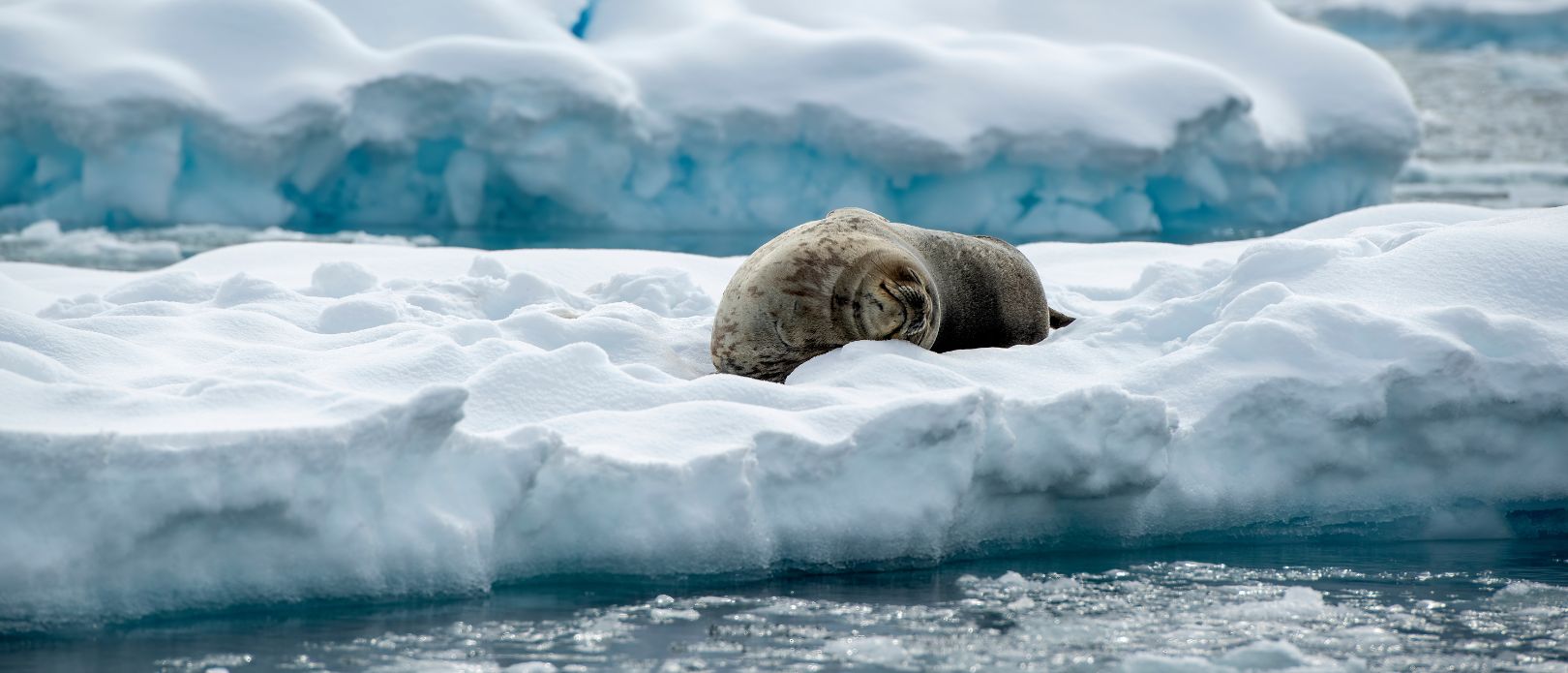
The Weddell Sea is a veritable hotspot of life, including seals, penguins, krill, fish, whales and seabirds. Photo: nikpal ivia Canva.
How is the dramatic decline in sea ice affecting biodiversity? A new international research project, with contributions from the Centre, delves into a hotspot of Antarctic life, that is undergoing dramatic changes: the Weddell Sea.
- The Weddell Sea constitutes a largely untouched, and therefore extremely valuable, habitat.
- But for large parts of it, there have been no long-term observations of the marine biodiversity.
- Over the next three years, researchers will determine the current state of the biotic community in the Weddell Sea.
The Weddell Sea is the largest marginal sea in the Southern Ocean and a veritable hotspot of life. Here, seals and emperor penguins have their young. The swarms of krill, which graze on microalgae under ice floes, attract fish, whales and seabirds. On the seafloor, millions of icefish spawn, while underwater gardens full of glass sponges, sea anemones and sea squirts thrive, some reaching a level of biodiversity comparable to that of tropical reefs.
Moreover, as climate change progresses, this ice-ladden region could offer a refuge for ice-dependent algae and fauna, from krill to Weddell seals.
In a new international research project, the Weddell Sea Observatory of Biodiversity and Ecosystem Change (WOBEC), a consortium of eleven institutions, including the Centre, will establish the basis for systematic, long-term observations of potential changes in this unique ecosystem.
Funded by Biodiversa+
WOBEC, which is funded by the European Biodiversity Partnership Biodiversa+ with ca. 1.9 million euros, will develop a strategy for monitoring changes in a Marine Protected Area proposed by the EU and various states in the Weddell Sea. The Swedish contribution is funded by the Swedish National Space Agency.
“The Weddell Sea constitutes a largely untouched, and therefore extremely valuable, habitat. Not only does it have a high aesthetic value; it is also characterised by unique biodiversity. This biological diversity is also the source of important ecosystem services, like the storage of carbon in the deep sea through ice algae and the remains of plankton sinking to the bottom,” explains Dr Hauke Flores, a marine biologist at the Alfred Wegener Institute and coordinator of the project.
Over the next three years, participating researchers, including Centre researchers Susa Niiranen, Juan Rocha, Eleanor Campbell, Ingo Fetzer, and Frida Bengtsson, will determine the current state of the biotic community in the Weddell Sea. This will serve as a reference for long-term monitoring of the ecosystem in the transforming Southern Ocean.
As a researcher, it is really exciting to have the unique opportunity to bring the best scientific knowledge together with stakeholder expertise on this remote ocean.
Centre researcher Susa Niiranen
Susa Niiranen will lead the project’s work on stakeholder engagement and use for example existing information from remote sensing to aid the co-production process.
A substantial gap
“WOBEC aims to co-develop a biodiversity monitoring framework that does not only have a sound scientific grounding, but also high societal relevance and a long legacy. As a researcher, it is really exciting to have the unique opportunity to bring the best scientific knowledge together with stakeholder expertise on this remote ocean, from the very beginning of the project,” says Susa Niiranen.
The project’s focus is on observing potential long-term changes in biodiversity in the eastern Weddell Sea. Although countries like Germany, Norway and South Africa have been conducting research in the region for decades, systematic studies on its massive ecosystem are lacking. There is a substantial gap: for thousands of kilometres to the east and west of WOBEC’s target area, there have been no long-term observations of the marine biodiversity.
An expedition with the icebreaker Polarstern along the Prime Meridian and into the southern Weddell Sea, coordinated by the University of Rostock, is planned for 2026.
